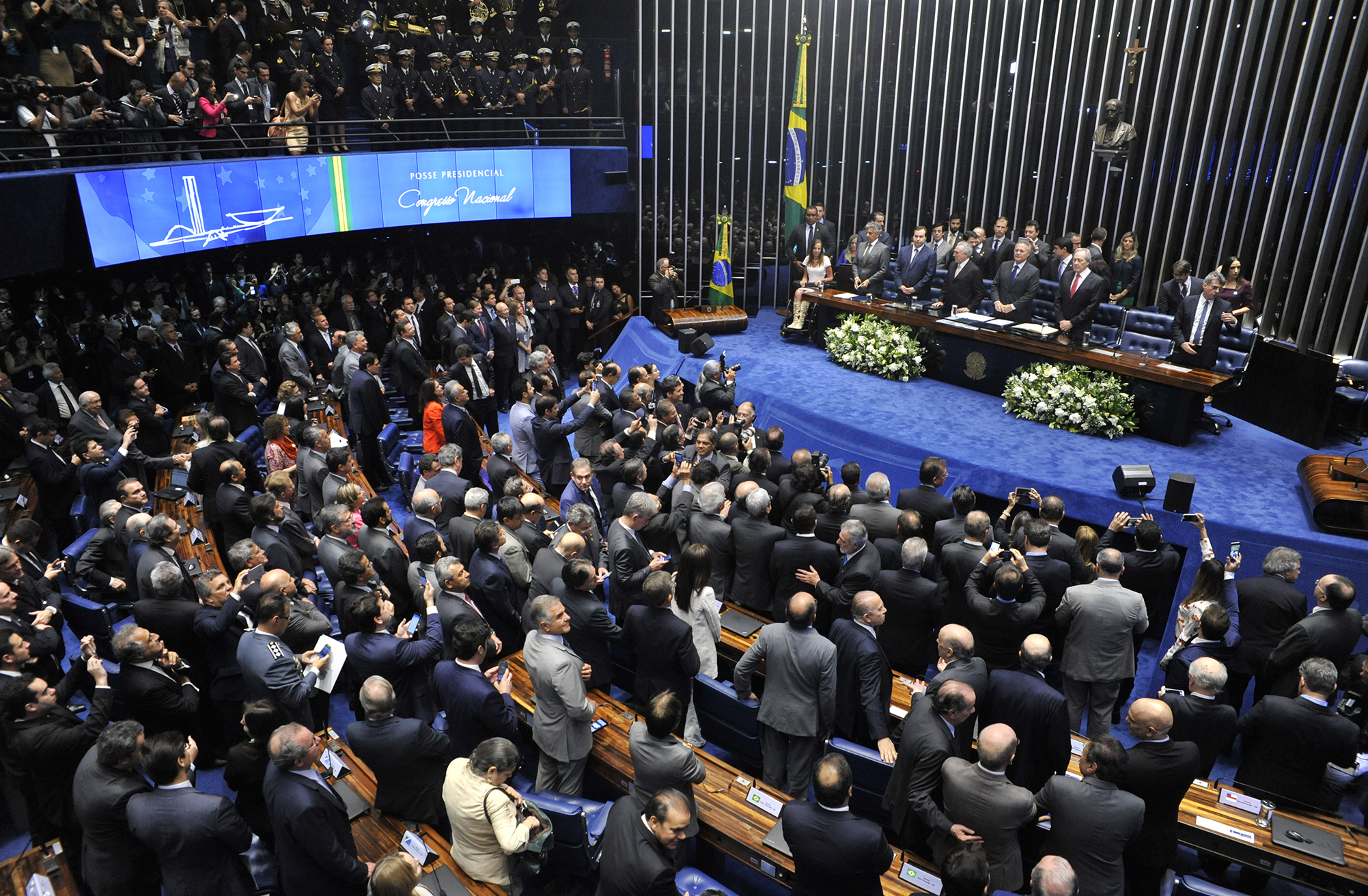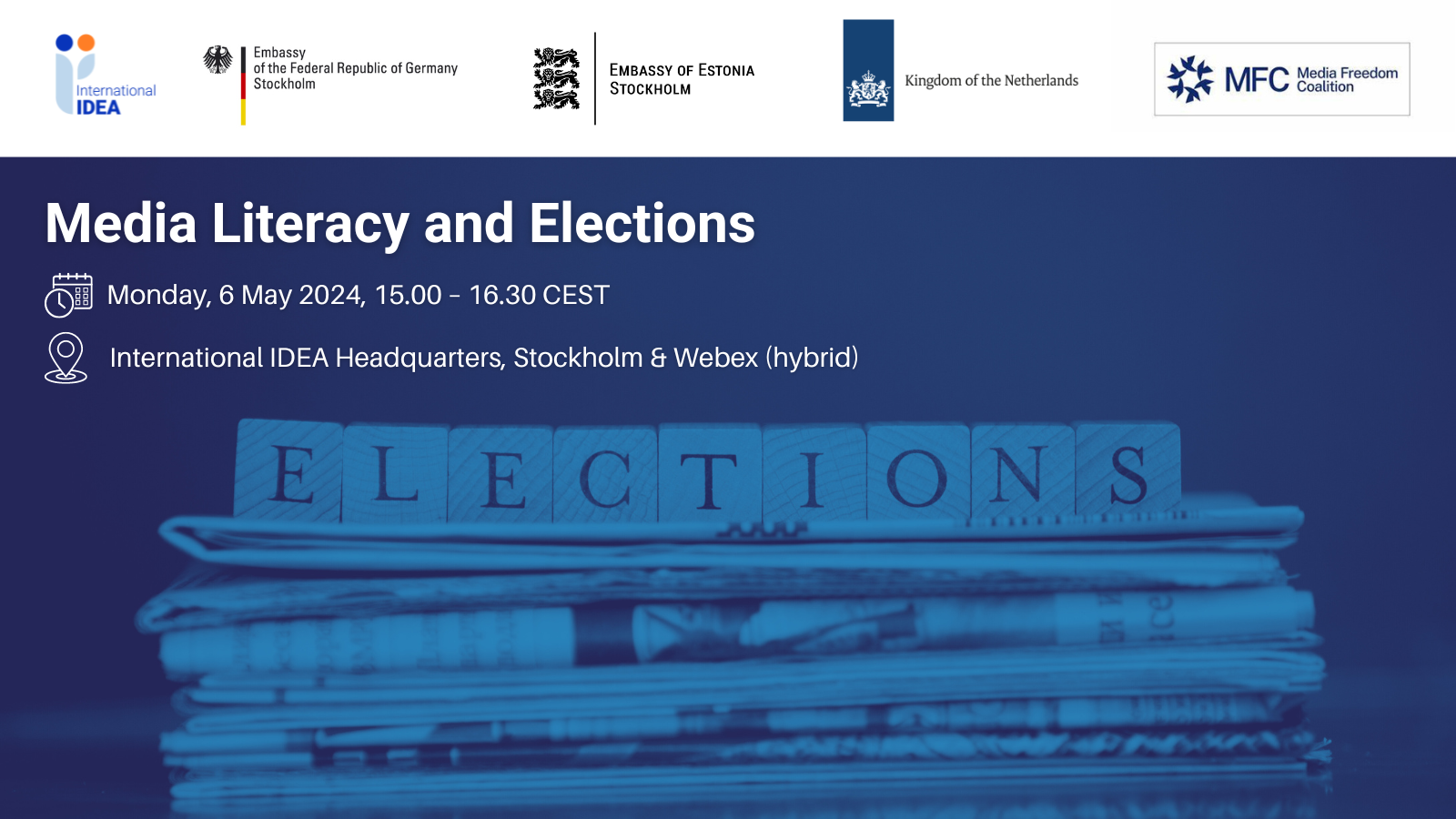Brazil’s 2022 election: the missed story in the Congress

On 2 October 2022, Luiz Inacio Lula da Silva and Jair Bolsonaro placed well ahead of the other Brazilian presidential candidates and will contest the second round of the election at the end of the month. What received less attention was the continuation (from 2018) of the wave of support for right-wing candidates for the Chamber of Deputies and the expansion of this phenomenon to the Senate. After this election, what was an already right-leaning Congress will have a larger majority of right-wing members. In 2023, Bolsonaro’s Liberal Party (PL) will have 99 seats in the Chamber (19 per cent) and 14 seats in the Senate (17 per cent). This is the first time since 1998 that a party has achieved such relative dominance in the Congress (though still not a single-party majority).
Will this give Bolsonaro an empowered second term, or substantially hinder a new Lula administration?
It is essential to note that this growth of the right wing in the Senate did not happen by chance. Having struggled to work with the Senate during his administration, during the campaign Bolsonaro devoted significant attention to supporting the electoral campaigns of his favoured senatorial candidates. Surprisingly, right-wing parties have always had a majority in Congress and have been the base of support for all presidents since re-democratization in the mid-1980s—including the Workers Party (PT) governments. The PL, which today is the terrain of bolsonarismo, was an ally of former President Lula during his administration, with a member of the party serving as Vice President.
The party has evolved since that time and illustrates the fluid and fragmented nature of partisanship in the Brazilian Congress. Bolsonaro joined the party in 2021 as he prepared to run for re-election, bringing 44 members of the Chamber of Deputies to the PL with him and making it the largest party in the chamber (with 77 members). In his almost 40 years as a politician before joining the PL, Bolsonaro had been affiliated with eight other parties—all with a right-wing orientation.
If he wins in the second round, Bolsonaro will probably have an easier relationship with Congress, but the cost will be the continued control of the budget by the deputies and senators. Loyalty to the government will not be based solely on ideological commitment, but also on continuing to leave the distribution of money from the federal government to states and municipalities in the self-interested care of lawmakers.
On the other hand, if Lula wins the second round, he will likely form a power-sharing government, distributing control of ministries, state-owned enterprises, and government leadership in Congress among necessary allies. These allies will undoubtedly be the same right-leaning congressmen who have always supported any government in Brazil. The PL itself will likely be part of an eventual Lula government—with the caveat that the bolsonarista wing of the party will be in (at least ideological) opposition and its members may defect to one of the other right-wing parties who always have their doors open to new members.
Whatever happens in the next round of the presidential election, the Congress will be in the hands of the right-wing.
Disclaimer: Opinions expressed in this commentary are those of the authors and do not necessarily represent the institutional position of International IDEA, its Board of Advisers or its Council of Member States.




